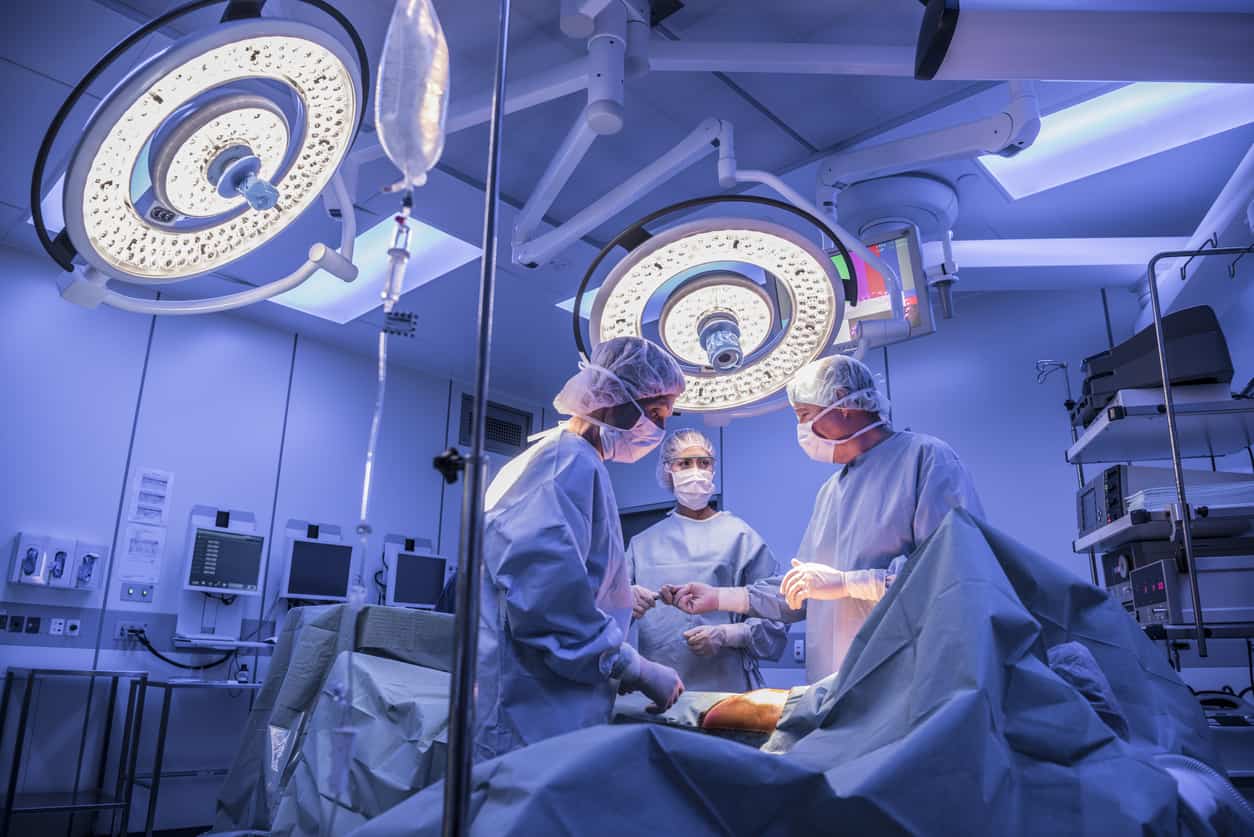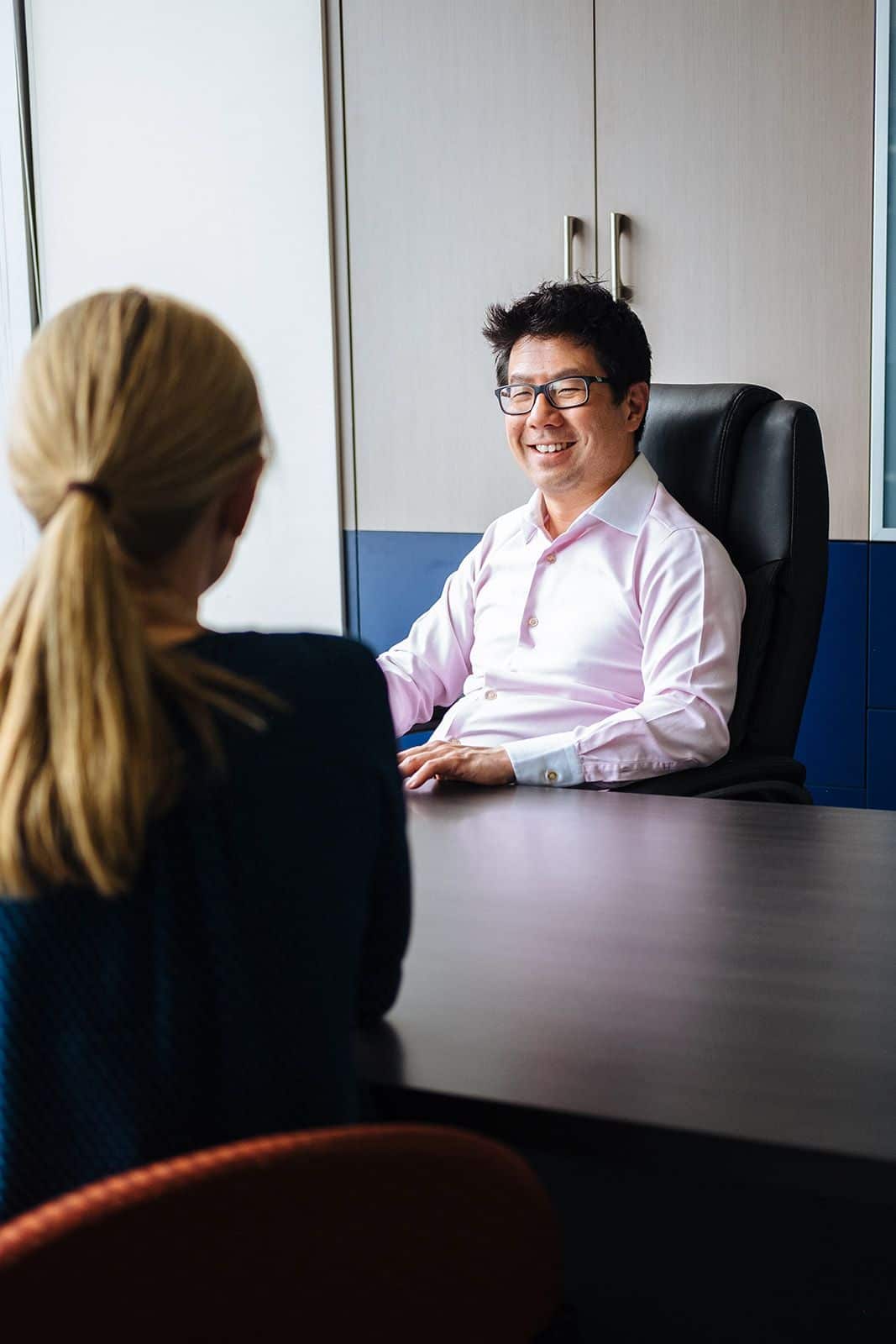We would like to give our followers the opportunity to get to know the medical team here at Upper GI Surgery a little bit better. We recently asked one of the bariatric surgeons, Dr Gary Yee, to participate in a quick interview to get to know him a little better. From why he became involved in bariatric surgery in the first place, to what his favourite film is, we hope today’s blog gives you a deeper insight into the life of one of the team.
Let’s start at the beginning Gary, how long have you been doing this?
10 years.
What is your role and how do you contribute to part of the team?
I’m a surgeon in the practice, and our main focus is obesity. It’s our role to provide total care for patients… whether it’s surgical or non-surgical, that’s how I see it… surgically and non-surgically, I aim to help patients.
Why did you get into the bariatric field?
It was the last year of my fellowship at St George hospital, and we were doing a lot of bariatric work. It seemed to be a fertile field where there were lots of improvements to be made, with lots of unknowns. A field where knowledge was far from complete and there was a curiosity about how we came to have an obesity epidemic. I figured if I stayed in the field long enough, I’d be able to help work it out.
Why are you passionate about caring for those living with obesity?
I think it changes lives. What we do improves the quality of a person’s life. The interesting thing about it is our consults actually provide quite a lot of insight into patient’s lives (for want of a better word or way of saying it). We learn a lot about how people live their lives through our interactions with them, which is very unique to bariatric surgery. We have a lot of conversations with patients that aren’t common in other fields of surgery. There is a lot of non clinical/surgical work involved… for example, a lot of medical issues come to the forefront, and sometimes they play an important part in how we can help the patient.
What excites you about the future of bariatric care?
There are a lot of new exciting medications! This will improve the way in which patient’s long- term weight loss goals can be managed. With bariatric surgery, we can help a patient lose weight quickly, but the problem is that they are not always able to maintain long-term weight loss. With medications on the horizon, it promises an era where we can maintain a patient’s weight loss long-term. That’s actually quite exciting!
Do you do anything outside of work towards bariatric care? Conferences? Research?
We attend heaps of conferences as often as we can, about weight loss surgery, obesity and metabolic disease. Anything to do with any of these fields I would always be interested in. Covid clipped our wings for a little while, but we are now looking at getting back into it. I’ve always been interested in looking at and answering important questions in the field of weight loss and obesity, such as, what mechanisms are involved in preventing people from losing weight, why is there weight homeostasis, and the role of some sugars in obesity.
Other than bariatric surgery, what other surgery types do you perform?
Emergency general surgical procedures, hernias, benign Upper GI surgery procedures (hiatus hernia repairs and other abdominal hernia work such as gallbladders and fundoplications), endoscopy and colonoscopy.
What happens during the webinars? What’s the most commonly asked question?
I think it’s a great commitment-free way of reaching out to patients. Many times a lot of people in the community need something like the webinar to understand and become informed. Patients should be able to be relaxed enough to ask the questions they want to ask, without being identified or being charged for a consultation. I try to make it interactive so they get the opportunity to ask what they want to ask… that’s probably the most interesting bit, as there’s always a variety of questions.
What’s it like working at UGIS?
Fantastic! I think it’s a complete practice, we offer all solutions for weight loss. We’re genuinely at the forefront of the field of weight loss and metabolic problems. That’s the best part about working at the Upper GI Surgery practice.
What’s the favourite part of your day?
Operating… there is usually banter when we’re operating. We have a very nice, reliable team consisting of surgical assistants, anaesthetists and operating theatre staff. We’ve known each other for a long time and it’s a good working relationship; we’re very comfortable with each other and that makes it a very relaxing and enjoyable experience. It helps the patient, as when your surgeon and the team are relaxed and comfortable, things generally happen the way they should. The anaesthetist has the playlist!
What do you do when you’re not being a surgeon?
Uber driver for my kids. That’s basically it! Don’t do much sport, not enough time to do any of those things!
Where’s your favourite place to travel?
Japan. It’s safe, there is something interesting at any season of the year. Everything works. The trains are on time, the service is impeccable, the people are very nice and the toilets are outrageously clean! A bit like France, every region has something special for you.
Favourite movie?
My all-time favourite is Top Gun, but also very close are Pulp Fiction, John Wick and the Guy Ritchie movies. Oh and Aeroplane or Flying High… no two minutes go by when there’s not a gag.
What sort of music do you like?
Classical and classic rock. Pretty much it! I was in Scotland for a year during my medical training – the UK has classic FM (the world’s best station!) and I began listening to it. The more I listened to it the better it got. They curate the pieces really well… this was in 2004 and I’ve listened to it ever since.








0 Comments